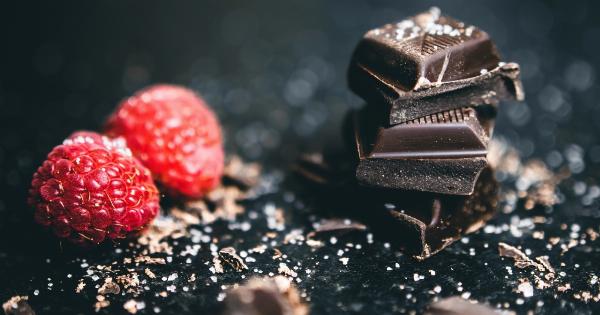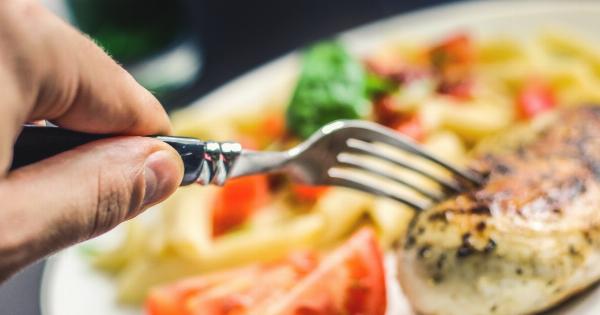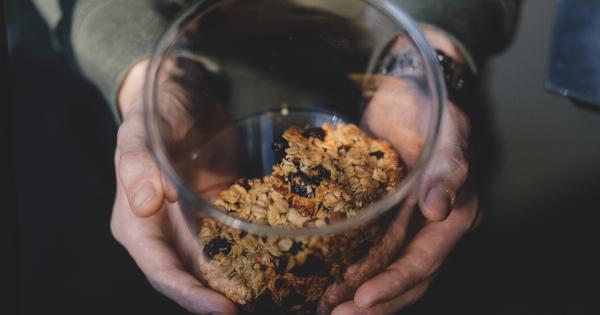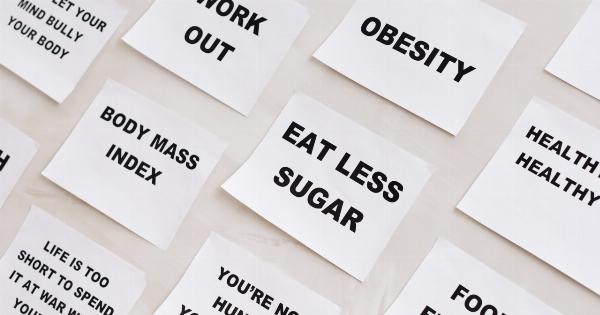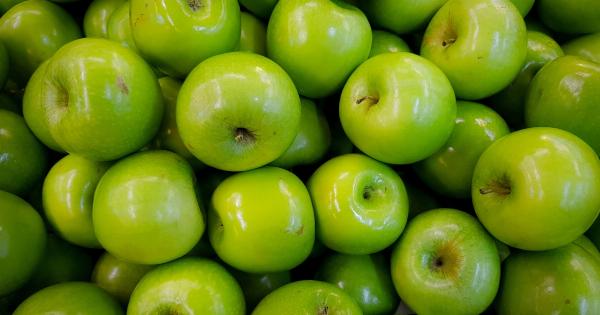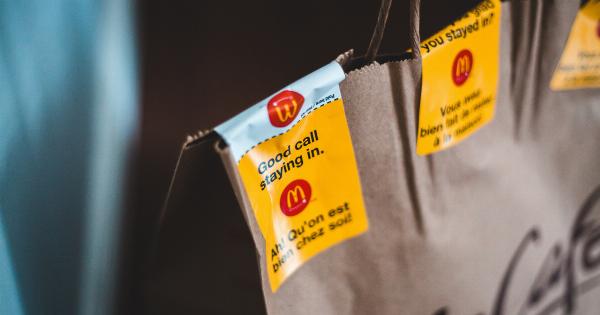Food has always been an essential part of our lives. Not only does it fuel our bodies, but it also brings us comfort and pleasure. However, there are some foods that seem to have an almost addictive quality, making it challenging to resist them.
In this article, we will explore 18 of the most addictive foods, according to experts and studies.
1. Potato chips
Potato chips are a classic favorite for many people. The combination of the crispy texture and savory flavor can be irresistible.
Unfortunately, they are also very addictive due to their high salt content and the fact that they are typically consumed in large quantities.
2. Chocolate
Chocolate is often referred to as a “guilty pleasure” for a reason. It contains a compound called phenylethylamine, which triggers the release of feel-good endorphins in the brain.
The combination of sugar and fat in chocolate also makes it highly addictive.
3. Ice cream
Ice cream is a beloved treat for people of all ages. The creamy texture and wide variety of flavors make it hard to resist. Additionally, ice cream contains high levels of sugar and fat, which can create a dopamine rush and lead to addiction.
4. French fries
French fries are a staple in many fast-food chains and restaurants. They are often cooked in unhealthy oils and sprinkled with salt, making them highly addictive. The crispiness and flavor make it difficult to stop at just a few.
5. Pizza
Pizza is a popular food worldwide, and it’s not hard to see why. The combination of cheese, sauce, and various toppings creates a flavor explosion that is hard to resist.
The high carbohydrate content in pizza can also trigger addictive responses in the brain.
6. Soda
Soda is not only addictive but also incredibly harmful to our health. The high sugar content and carbonation can lead to weight gain, dental problems, and even increased risk of chronic diseases like diabetes.
The caffeine found in many sodas can also contribute to its addictive qualities.
7. Cookies
Cookies are a go-to snack for many people, but they can quickly become addictive. The combination of sugar, fat, and refined flour creates a palatable treat that is difficult to resist.
The brain’s pleasure centers light up when consuming cookies, reinforcing the desire for more.
8. Cheese
Cheese is a widely loved and highly versatile food. It contains a compound called casomorphins, which are released during the digestion of dairy products.
Casomorphins can act on the brain’s opioid receptors, creating a sense of pleasure and potentially leading to addiction.
9. Fried chicken
Fried chicken is a comfort food that can be incredibly addictive. The crispy skin and juicy meat make it a favorite for many people.
The combination of fat, salt, and various spices creates a powerful flavor profile that can trigger addictive responses in the brain.
10. Bacon
Bacon is known for its savory and smoky flavor. It contains high levels of fat, which can be addictive to the brain. Additionally, bacon contains a compound called tyramine, which can increase dopamine levels and contribute to addiction.
11. Donuts
Donuts are a sweet indulgence that can be hard to resist. They are typically loaded with sugar, refined flour, and unhealthy fats, making them highly palatable.
The combination of these ingredients can create a significant dopamine release and reinforce addictive behaviors.
12. Energy drinks
Energy drinks have gained popularity in recent years, especially among young adults. They often contain high levels of caffeine, sugar, and other stimulants, creating a rush of energy and euphoria.
However, these drinks can be highly addictive and have negative health effects when consumed in excess.
13. Nachos
Nachos are a favorite snack for many people, especially when watching sports or movies. The combination of cheese, chips, and various toppings can create a satisfying and addictive taste experience.
The high salt and fat content in nachos can also contribute to their addictive nature.
14. Fried rice
Fried rice is a popular dish in many Asian cuisines. It often contains high levels of unhealthy oils, soy sauce, and other flavor enhancers.
The combination of these ingredients can create a savory and addictive taste that keeps people coming back for more.
15. Popcorn
Popcorn is a snack enjoyed by many, especially during movie nights. The crunchiness and buttery flavor can be incredibly satisfying.
However, many store-bought microwave popcorn varieties are loaded with unhealthy trans fats and artificial flavorings, which can contribute to addiction.
16. Mac and cheese
Mac and cheese is a comfort food that is adored by both kids and adults. The combination of pasta, cheese, and creamy sauce creates a rich and indulgent dish. The high fat and carbohydrate content can trigger addictive responses in the brain.
17. Candy
Candy is designed to be addictive. The high sugar content and various flavors can create intense cravings. The sweet taste of candy triggers the release of dopamine, reinforcing addictive behavior and making it challenging to resist.
18. Fried dumplings
Fried dumplings are a popular food in many Asian cuisines. The crispy texture and savory filling make them addictive to many people. Additionally, they are often served with flavorful dipping sauces that add to their addictiveness.
Conclusion
While these 18 foods are often considered highly addictive, it’s important to remember that individual experiences may vary. What may be addictive to one person may not have the same effect on another.
It’s essential to practice moderation and be mindful of our food choices to maintain a healthy relationship with the foods we love.






